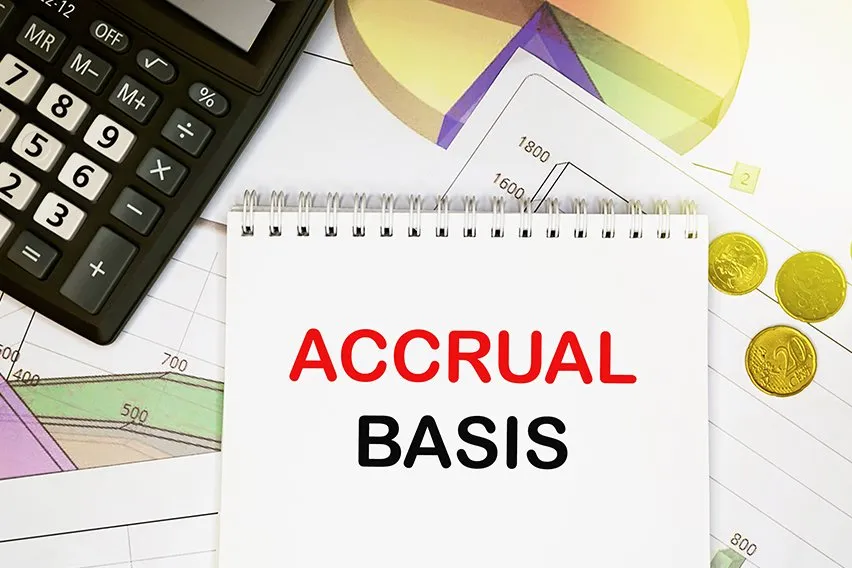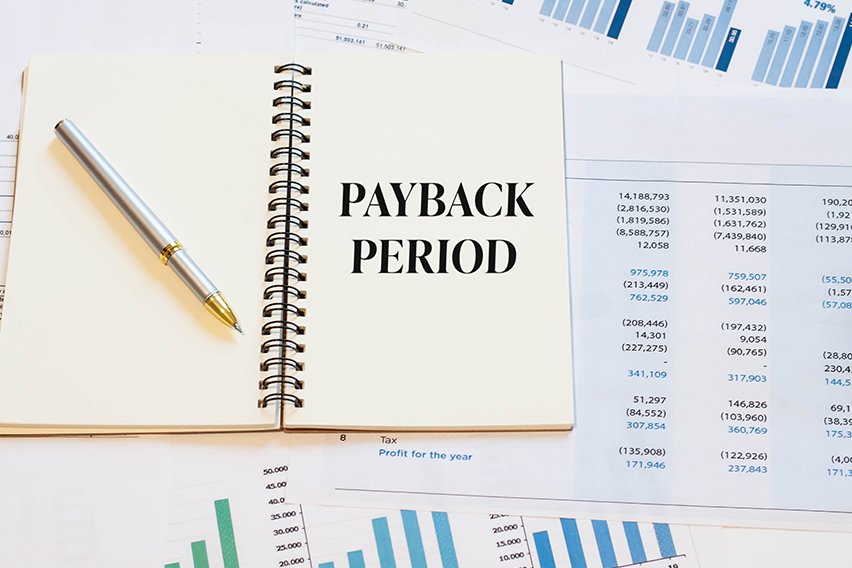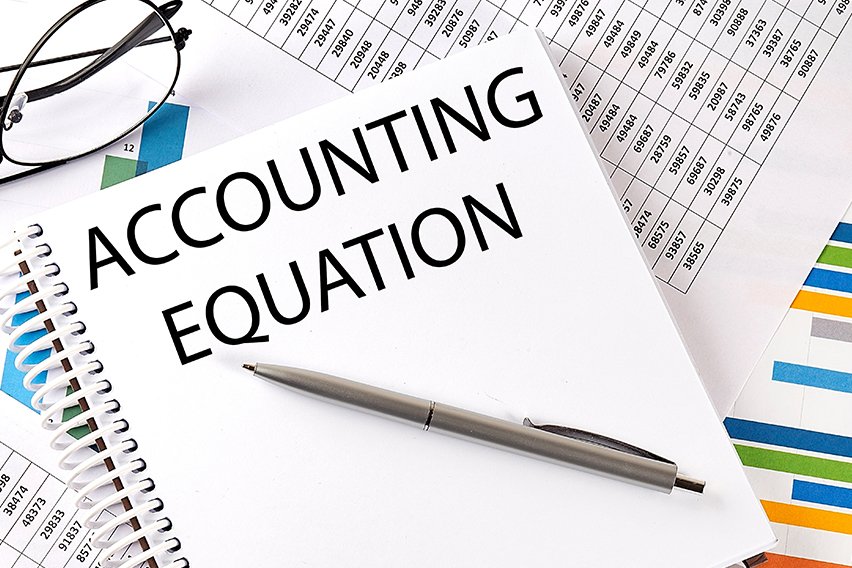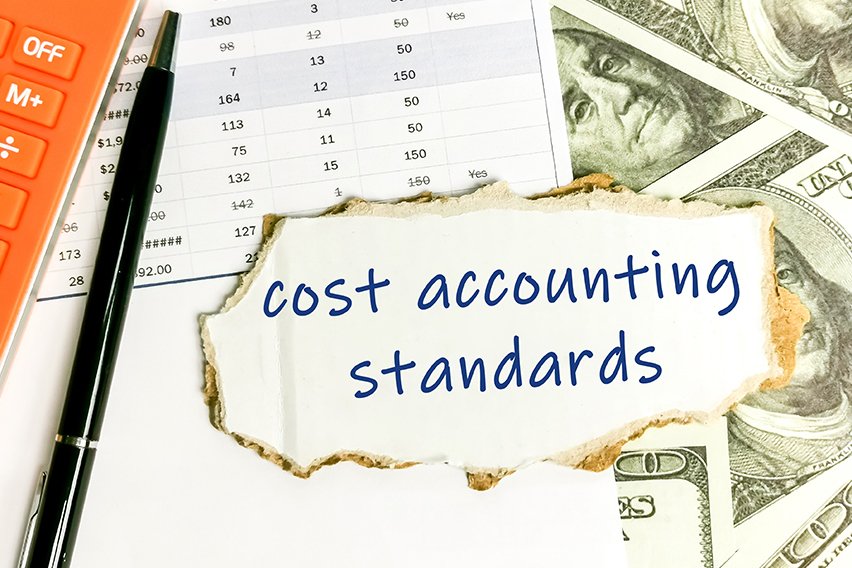Accrual Accounting: Definition, How It Works, and Examples

Accrual accounting is an accounting practice in which revenue and expenses are recognized when they are earned or incurred, regardless of when cash is exchanged. It is a system that uses accounts payable (money your business owes to vendors and creditors) and accounts receivable (money owed to your business) combined with future expected cash inflows and outflows to provide a real-time snapshot of your business’s financial performance.
For most companies, other than very small business and sole proprietors, accrual accounting is considered standard practice, which adheres to the Generally Accepted Accounting Principles (GAAP) 1. While it does provide a more accurate picture of a business’s current condition, it is relatively complex and more expensive to implement than the cash accounting method.
Key Takeaways
- The accrual accounting method presents an accurate picture of your company’s finances by recording revenue and expenses as they’re incurred.
- Only the accrual accounting method is considered acceptable according to generally accepted accounting principles (GAAP).
- Public companies and any business earning more than $25M per year are required to use the accrual method.
Table of Contents
- What Is Accrual Accounting?
- How Does Accrual Accounting Work?
- Types of Accruals
- When Should You Use Accrual Basis Of Accounting?
- Accrual Accounting Example
- Accrual Accounting Advantages
- Accrual Accounting Disadvantages
- Accrual vs. Cash Accounting
- Streamline Accrual Accounting With FreshBooks Accounting Software
- Frequently Asked Questions
What Is Accrual Accounting?
Accrual accounting is an accounting method in which the accountant records revenues and expenses when they are earned or owed, regardless of when the cash is actually received or paid out.
Companies that use accrual accounting sell on credit, so projects that provide revenue streams over a long period affect the company’s financial condition at the point of transaction. It makes sense to use accrual accounting so these events can be reflected in the financial statements during the same reporting period that these transactions occur.
The accrual method and associated adjusting entries result in a more complete and accurate reporting of a business’s assets, liabilities, equity, and earnings for each accounting period. This is why, of all the accounting methods available, accrual is one of the most popular options.

How Does Accrual Accounting Work?
Businesses that use the accrual method of accounting will maintain their ledgers to reflect the current status of an invoice or bill at any given time. For example, you would record the date when you provided a service in your accounting journal, add the date you sent the invoice to the client, and note when the invoice is paid.
The basic steps of accrual based accounting are as follows:
- The customer receives a service (accrued revenue)
- You record the transaction as a debit in accounts receivable
- The customer pays their invoice at a later date
- You record the payment as a credit in accounts receivable using the double-entry accounting method to balance out the debits and credits
You may also use this method for revenue and expenses received or paid before providing or receiving the service (deferral).
Types of Accruals
There are several types of accruals you may come across when using accrual basis accounting, like the following:
1. Deferred Revenue
Deferred revenue is the term used when your business has received payment for a good or service you haven’t yet provided to them. For example, if your customer has paid for a magazine subscription from your company, but the first issue doesn’t come out for two months, the money is considered deferred revenue.
2. Accrued Revenue
Accrued revenue is the term used when you’ve provided a good or service, but the customer has not yet paid. For example, if you were to build a custom shed for a client and invoice them when the work is complete, the amount they owe you would be the accrued revenue from that job.
3. Prepaid Expenses
If you have prepaid expenses, it means you’ve already made cash payments for goods and services that you haven’t yet received. For example, if you are a party planner and have prepaid $1,200 for an inflatable bouncy house that you can set up at children’s birthday parties, but it hasn’t yet arrived, the bouncy house business owes you the inflatable house, so the $1,200 would be added to the prepaid expense account in your ledger.
4. Accrued Expenses
Accrued expenses are the opposite of a prepaid expense. It occurs when you’ve received a good or service, and the vendor expects you to pay at a later date. For example, if you’re a caterer, and your food supplier provides you with $300 of lamb chops on March 15th, with an invoice due on April 15th, you would call that $300 an accrued expense.
When Should You Use the Accrual Basis of Accounting?
If you’re running a small, cash-based business, you may be able to stick with a cash accounting method, but larger businesses almost always need to use accrual accounting. You should use the accrual basis of accounting if:
- Your company accepts credit card payments
- You’re looking for new investors
- You have a publicly traded company that requires GAAP compliance
- Your business has inventory or other complicated financial nuances
If you plan on growing your company, it may be easier to start with the accrual method of accounting, so you don’t have to make the switch while your business is up and running.
Accrual Accounting Example
The following is a simple example of accrual accounting. Imagine your small furniture company delivers a full bedroom set worth $6,000 to a client on March 1st, but you set the invoice due date as April 15th. Using the accrual method, you would record the $6,000 for services rendered as revenue right away, regardless of when the client pays the bill.
If your company needs to purchase raw lumber for $3,000 to build more furniture, you would record the $3,000 as an expense immediately, even if you aren’t able to pay until next week or next month.
These practices keep your books balanced and realistic, whereas if you had used a cash-based accounting method, you wouldn’t have had any record you were expecting the $6,000 until the payment arrived six weeks later, on April 15th. It wouldn’t be apparent that you owed $3,000 for lumber until the bill was paid.
Accrual Accounting Advantages
Some advantages of using accrual accounting are:
More Accurate
Accrual accounting makes it easy to get an accurate picture of your company’s financial health, as you can not only see the money you’ve earned but get the full picture of accrued liabilities and revenue. This also makes it easier to get new investors on board, as you can provide concrete evidence of how your business is doing.
Scalable
Accrual accounting is mandatory for any business grossing over $25 million a year. When you choose this method, you can stick with the same accounting procedures as your business grows, as it is designed to work with any size business.
Compliant With GAAP Rules
The accrual method complies with generally accepted accounting practices (GAAP) because it recognizes costs and expenses when they happen, not when the money changes hands, and utilizes double-entry accounting.
Compliant With IRS Tax Laws
Most businesses are required to use the accrual basis for tax reporting. The Internal Revenue Service (IRS) 2 notes that if you use the accrual method, you generally report income in the tax year you earn it and deduct expenses in the tax year you incur them, regardless of when payments are received and made.
Accrual Accounting Disadvantages
Some of the biggest disadvantages of using accrual methods for accounting are:
Complexity
Accrual accounting is not simple and requires thorough record keeping, with close attention to detail. Depending on the size and complexity of your company, you may need to hire a professional accountant.
More Time and Cost
It takes a lot of time and energy to maintain years’ worth of financial documents, checking and updating them as needed. This is why as businesses grow, they hire a part-time or full-time accountant to handle the important bookkeeping and accounting duties of the company. This may be too expensive for a small business but may be beneficial in the long term.
Difficult to Track Cash Flow
The accrual method looks at transactions but does not account for actual cash flows within the business. For example, your income statement might show sales revenue, but the client may take months to pay their invoice.
Accrual vs. Cash Accounting
There are two main factors that differentiate cash vs. accrual accounting. The first is the timing. With cash accounting, a business will track incoming and outgoing money by looking at cash-in-hand, as soon as the transaction takes place. This means a purchase will only be recorded once the invoice is paid in full, while expenses are only noted once they’ve been paid and the money leaves the bank.
For example, let’s say a client requests a service on April 30th but does not make a cash payment until May 30th. With cash accounting, the revenue generated for the service will not be recognized until cash is received on May 30th.
Accrual basis accounting recognizes revenue when the service is provided for the customer even though cash isn’t yet in the bank yet. A profit is noted as soon as a client places an order, and an expense is recorded when a bill arrives or a service is rendered.
The second factor that differentiates the two approaches is complexity. A cash basis system is much simpler (and less costly) than the accrual accounting method, but it won’t work for every system. If the business is run by a sole proprietor and only deals in cash, then cash basis accounting might be the right accounting method. But, in most cases, accrual accounting makes better financial sense, especially as the company grows and begins to require accountability to stakeholders.
Streamline Accrual Accounting with FreshBooks Accounting Software
Whether you use accrual accounting or the cash basis method, FreshBooks’ secure and simple accounting software makes it easier for small businesses to create helpful balance sheets and keep their finances on track.
With FreshBooks, you can send professional invoices, calculate expenses, accept payments online, and more using industry-standard double-entry accounting. Try Freshbooks free today and see how easy it is to manage your bookkeeping and monitor your financial health from anywhere, on all your devices.

FAQs About Accrual Accounting
To learn more about cash and accrual accounting and how each may help your small business grow, please see the following frequently asked questions.
Is accrual accounting good or bad?
Accrual accounting is good for larger, public businesses, companies of any size that have to deal with inventory, and businesses that have earned more than $25M gross over 3 years. It’s also beneficial to a growing company, or any company that wants to use GAAP-compliant methods.
Why would a company use accrual accounting instead of cash accounting?
A company may choose accrual accounting over cash accounting if they’re publicly traded and need to be GAAP compliant, if they’ve grown to earn more than $25 million over 3 years, or if they want to accept and use credit for business dealings.
What is the 12-month rule for an accrual basis?
The IRS 12-month rule states that taxpayers do not have to capitalize amounts paid that will benefit them within a 12-month period. In other words, you may be able to deduct a full advance payment on a service if the benefit to your business is realized within 12 months of the payment.
Can you switch back and forth between cash and accrual accounting?
Yes, it’s always possible to switch from the cash method to accrual accounting or vice versa. It’s a big undertaking that will require a full system overhaul, and you’ll need to file Form 3115 with the IRS, but it’s your business, and you can run it how you want to.
Do most nonprofits use cash or accrual accounting?
Depending on the size of the nonprofit, they may choose either method. Smaller nonprofits may decide on the cash basis accounting method because it’s simpler, and they will likely have limited funding to pay for an accountant to take care of the work required with accrual accounting.
Article Sources
- OJP. “Generally Accepted Accounting Principles (GAAP) Guide Sheet” Accessed May 3, 2024.
- Department of the Treasury Internal Revenue Service. “Publication 538 Accounting Periods and Methods” Accessed May 3, 2024.
About the author
Kristen Slavin is a CPA with 16 years of experience, specializing in accounting, bookkeeping, and tax services for small businesses. A member of the CPA Association of BC, she also holds a Master’s Degree in Business Administration from Simon Fraser University. In her spare time, Kristen enjoys camping, hiking, and road tripping with her husband and two children. In 2022 Kristen founded K10 Accounting. The firm offers bookkeeping and accounting services for business and personal needs, as well as ERP consulting and audit assistance.
RELATED ARTICLES


 How To Read A Balance Sheet: An Overview
How To Read A Balance Sheet: An Overview What Is a Payback Period? How Time Affects Investment Decisions
What Is a Payback Period? How Time Affects Investment Decisions What Is the Accounting Equation?
What Is the Accounting Equation? Cost Accounting Standards: They’re Policy for Government Contracts
Cost Accounting Standards: They’re Policy for Government Contracts How to Balance a Checkbook?
How to Balance a Checkbook? How to Calculate Net Sales?
How to Calculate Net Sales?